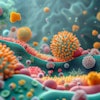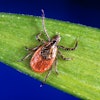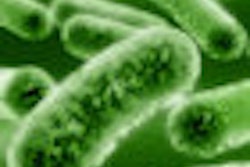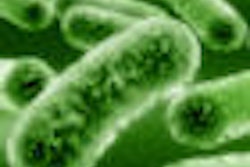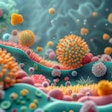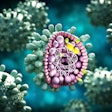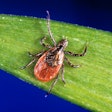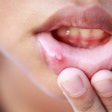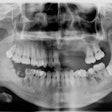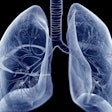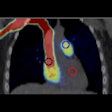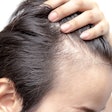Odontoblast cells, part of the human body's natural immune system, also fight to protect teeth from decay, according to new research published in BMC Immunology (in press).
Odontoblast cells sit between the enamel and pulp and produce a layer of dentin to protect the pulp from wear and infection, according to researchers from the University of California, San Francisco and the University of Washington.
They found that, when under attack from bacteria, the odontoblast cells also orchestrate an immune response, producing antimicrobial peptides (b-defensins) to fight the infection directly, protein messengers (chemokines) that recruit white blood cells to the infection site, and proinflammatory signaling proteins (IL-1β, IL-1α, and TNF-a) which, in turn, initiate an inflammatory response, according to Orapin Horst, DDS, PhD, the lead study author.
The researchers also found that the odontoblast layer produced proteins involved in the down-regulation of this inflammatory response, such as toll-interacting protein (TOLLIP), TGF-b, and IL-10, that help protect the underlying pulp from inflammatory damage.
"Our data suggest that ODL [the odontoblast layer] amplifies bacterial signals dramatically by self-feedback cytokine-chemokine signal-receptor cycling, and signal convergence through IL1R1 and possibly others, to increase defensive capacity, including antimicrobial peptide production to protect the tooth and contain the battle against carious bacteria within the dentin," the researchers concluded.
"For the first time we now have targets to control irreversible inflammatory damage to teeth," Dr. Horst said in a press release.
Copyright © 2011 DrBicuspid.com
